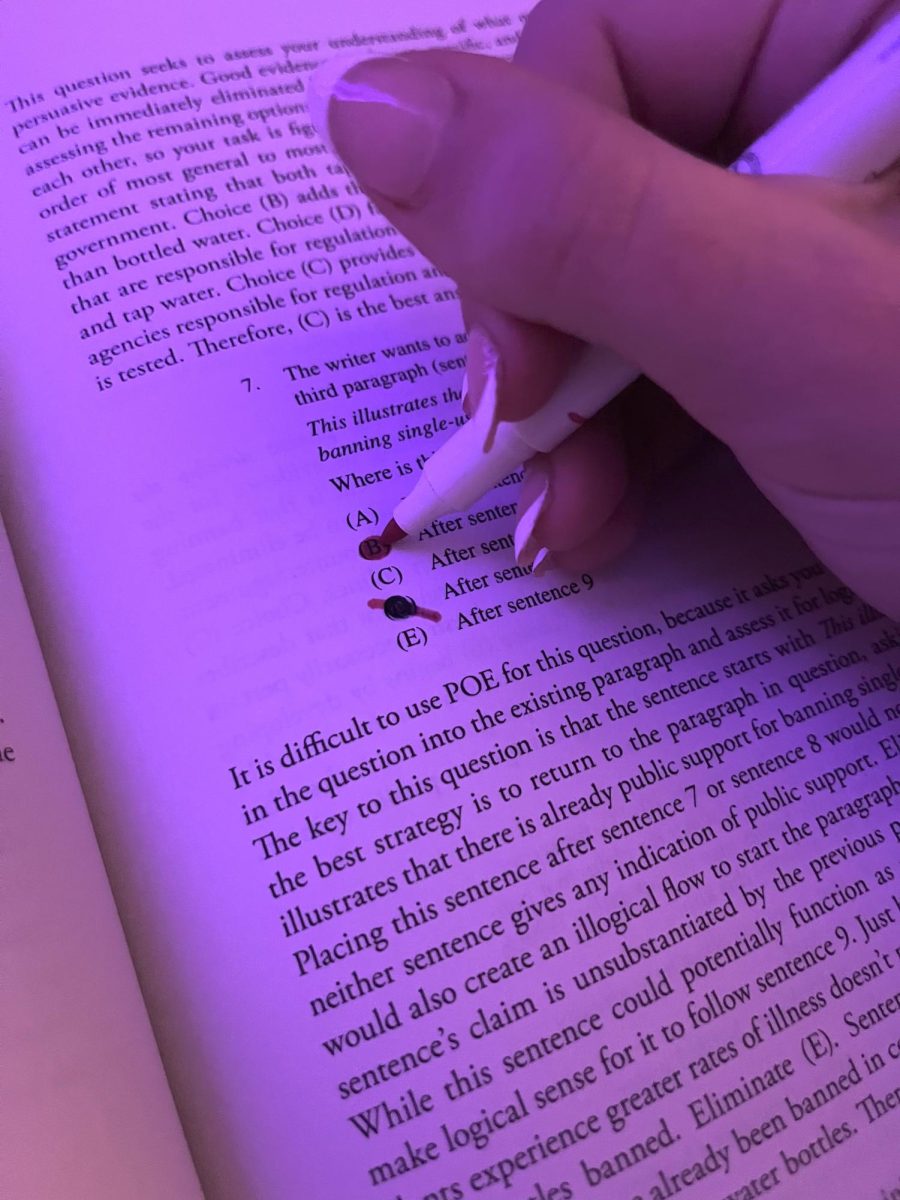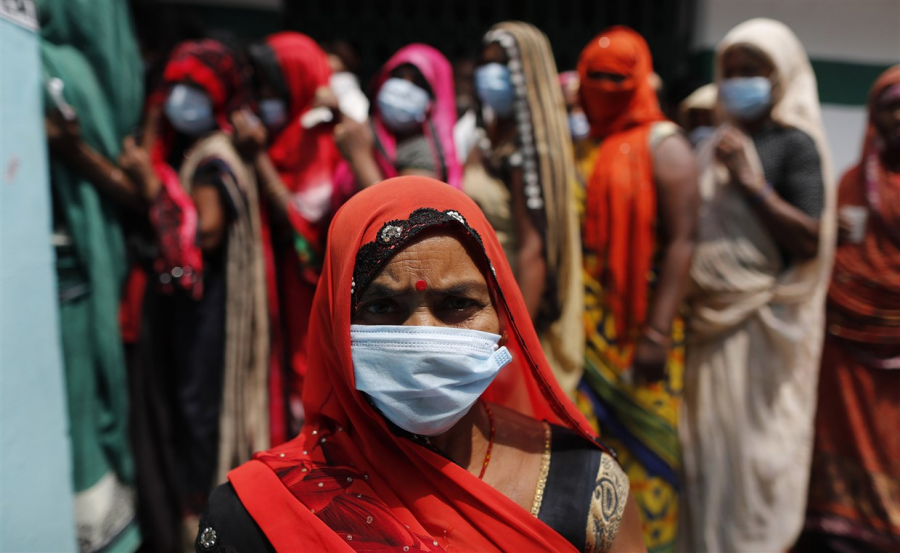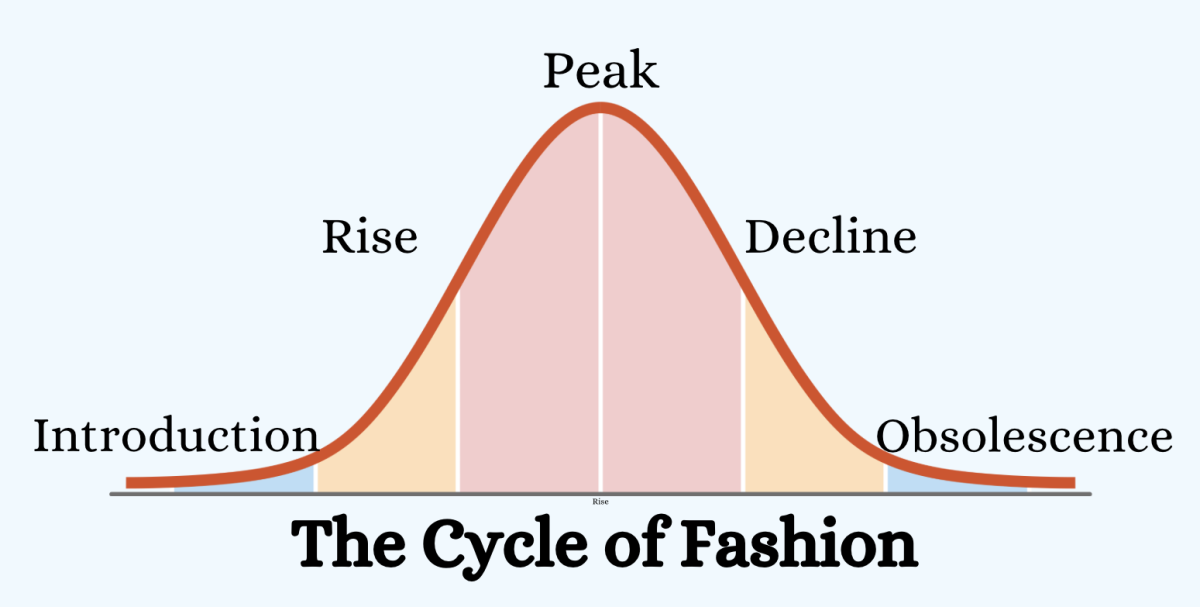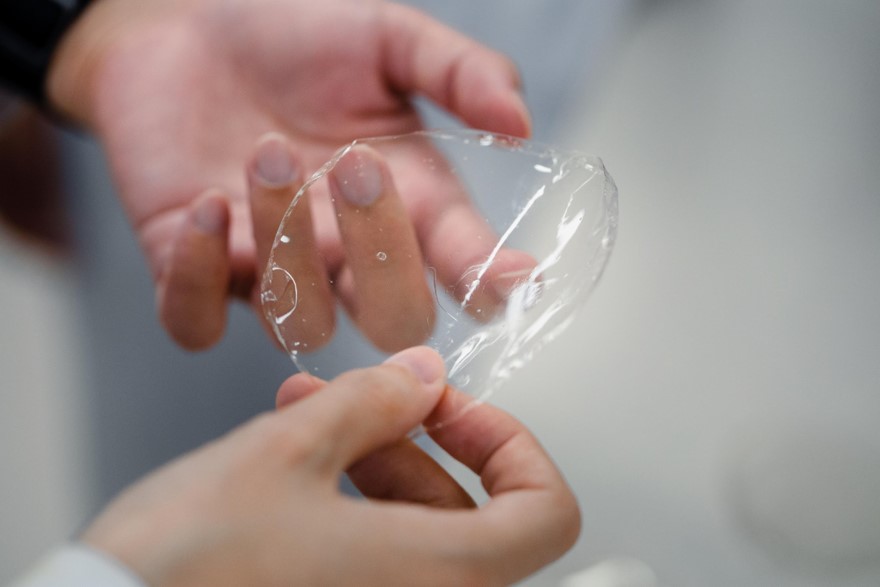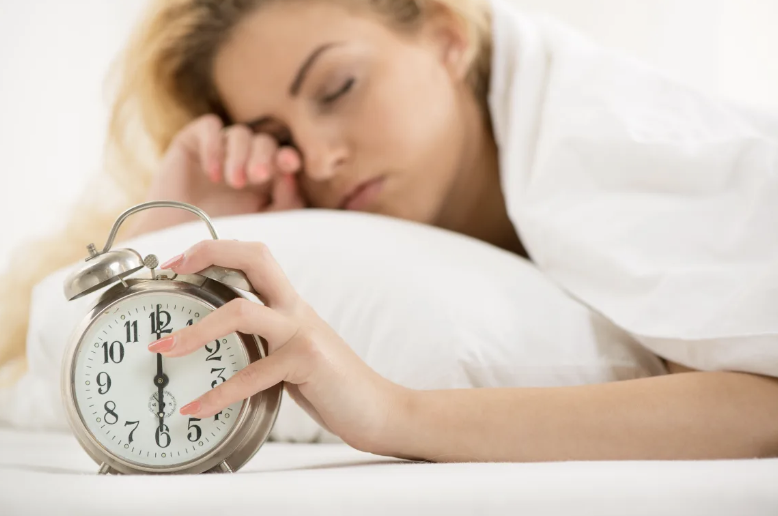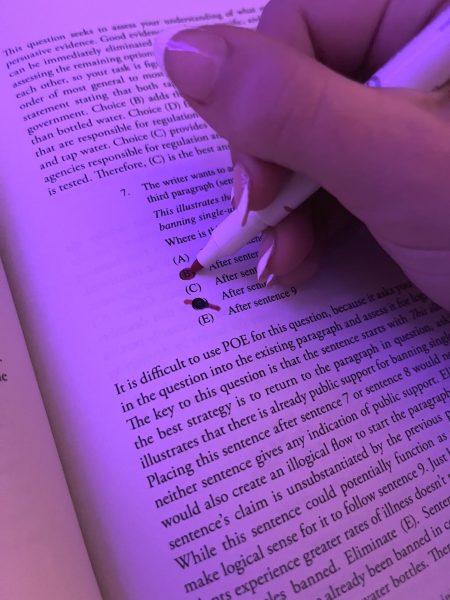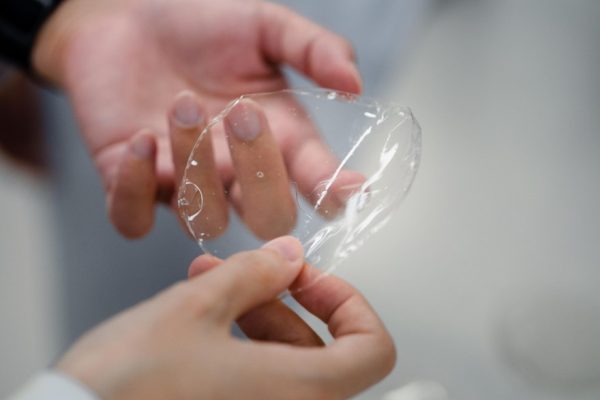What Caffeine Really Does To The Brain
March 19, 2019
It is common for teens to reach for caffeine to pull an all night study session or to help them wake up in the morning even though this is bad for a teen’s health.
Caffeine can cause numerous amounts of psychological effects depending upon the individual and the amount ingested. Children are much more susceptible to the symptoms and should drastically limit their intake. One or two cups of coffee can have seriously detrimental effects on one’s mental state. An intake of just 100 mg of caffeine can induce symptoms such as dizziness, anxiety, agitation and irritability, restlessness, insomnia, and headaches. Those who regularly consume caffeine would be less susceptible to these effects at a low concentration but have other issues to face.
As it is used by students who can’t seem to wake up in time for first period, caffeine actually does not do much in improving one’s performance. When comparisons are made between people whose daily intake of caffeine is low and those who regularly consume a lot of caffeine we find that the improvements are quite small, and don’t get better with more caffeine.
Caffeine is a drug that the body can form a dependence to. This can occur just a few days after exposure. “If I don’t drink caffeine for a few days, I start to feel
lethargic until I drink a cup of coffee or have an energy drink again”, explains Melody Saba (12). Individuals addicted to caffeine begin to show symptoms of withdrawal 12-24 hours after intake is stopped. Depending on the individual, the usual symptoms of withdrawal include headache, fatigue, apathy, and even anxiety is sometimes expressed. These symptoms continue for up to a week after caffeine deprivation.
Large doses of caffeine can cause another type of disorder known as caffeinism. In a human, an intake of 650 mg of caffeine per day can lead to this syndrome. This can lead to aggressiveness and psychotic behavior. This syndrome is indistinguishable from the mental disorder anxiety neurosis, making the individual appear confused or confounded with true psychotic states.
Although much caffeine must be ingested for caffeinism to set in, sleep is very vulnerable to even the slightest caffeine intake. Sleep can be greatly affected by ingestion of caffeine before bed. In most cases, caffeine causes individuals to take a longer time to fall asleep, decreasing the total amount of sleep received. This affects poor sleepers more drastically than heavy sleepers. Caffeine has also been determined deeper to affect stages of sleep and sometimes affects the REM stage of sleep which is very important for us.




